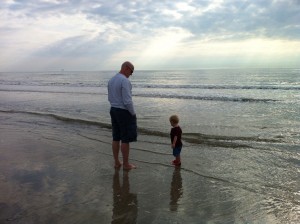Same as last year. A more accurate title would be “Top Books I’ve Read in 2014″, because this is solely based on my opinion, and because my criteria was that I had to have read it this year, but not all of the books were necessarily released this year. Also, it’s important to note that, yes, most of these books were written by Seminary Dropout guests, which may seem self serving, but honestly just reading the books of SD guests (which I must do to conduct the best interviews possible), leaves me little additional time for reading anything else.
Note: All links to books are affiliate links.
Now, on to the good stuff…


9. The Good and Beautiful God: Falling in Love with the God Jesus Knows (The Apprentice Series)
This is the first in a series of 3 books by James Bryan Smith. They’re somewhat devotional in nature, but don’t be fooled, these are not airbrushed light-hearted thoughts for your day. As James would say, it’s ‘soul exercise’, and he’s not lying, but more accurately it’s soul power-lifting, and yet the reader need not be a ‘super-Christian’.
Here’s my talk with James.

 &
& 

8. Fight: A Christian Case for Non-Violence & A Farewell to Mars: An Evangelical Pastor’s Journey Toward the Biblical Gospel of Peace
& A Farewell to Mars: An Evangelical Pastor’s Journey Toward the Biblical Gospel of Peace
These are two great books on Christian non-violence that came out this year. Although they’re on the same subject both books approach the subject very differently. While Brian Zahnd takes more of a personal approach describing his own journey as well as some philosphical arguments for Christian non-violence, Preston Sprinkle examines and deconstructs scripture to make a compelling case for CN-V. The pair are very complimentary.
My interview with Preston here & Brian here.

7. Fail: Finding Hope and Grace in the Midst of Ministry Failure
If you don’t know, working in ministry is hard.  Broken relationships, moral failures, and a being left a shell of a human being, this is experience of too many working in our churches today. Sometimes the hurt is self inflicted but many times it’s not. There are far too few resources available for pastors and ministers. J.R. Briggs shares his experience of starting a Fail Convention for ministers to gather and talk about their failures.
Broken relationships, moral failures, and a being left a shell of a human being, this is experience of too many working in our churches today. Sometimes the hurt is self inflicted but many times it’s not. There are far too few resources available for pastors and ministers. J.R. Briggs shares his experience of starting a Fail Convention for ministers to gather and talk about their failures.
Check out my interview with J.R. here.

6. The Shack
I’m late to the party, I know. I’m a contrarian so when The Shack first came out I assumed it was awful since every Christian I knew loved it.  However many years later I heard Paul Young being interviewed on NPR and I liked what he had to say. I read The Shack, cried, and then invited Paul on Seminary Dropout.
However many years later I heard Paul Young being interviewed on NPR and I liked what he had to say. I read The Shack, cried, and then invited Paul on Seminary Dropout.
Check out my interview with W.M. Paul Young here.


5. Fierce Convictions: The Extraordinary Life of Hannah MorePoet, Reformer, Abolitionist
Hannah More had a fascinating life in an interesting time period. She was jilted three times by her fiancé, once at the alter. Her friends were a veritable who’s who of famous brit’s of the time. She was an abolitionist when most people looked the other way or were adamantly against the abolishment of an industry that contributed such a signification percentage of their countries economy. Hannah More based this conviction in her faith is Christ. It’s a good story with a great author. Karen Swallow Prior’s writing won’t let you put this one down.
My interview with Karen Swallow Prior.

4. Young, Restless, No Longer Reformed: Black Holes, Love, and a Journey In and Out of Calvinism
 Acts 29 churches, The Gospel Coalition, and the Christian best-seller list, Calvinism is ubiquitous in the evangelical church & culture today. What’s an Arminian or Open Theist who is passionate about Christ to do?! Not to worry, Austin Fischer has us covered. Austin was once a die-hard John Piper reading calvinist, but then everything changed. Austin is transparent in telling his story. He’s also generous to those he’s disagrees with. If you’re a die hard Calvinist, a radical Open-Theist, or just searching, read. this. book.
Acts 29 churches, The Gospel Coalition, and the Christian best-seller list, Calvinism is ubiquitous in the evangelical church & culture today. What’s an Arminian or Open Theist who is passionate about Christ to do?! Not to worry, Austin Fischer has us covered. Austin was once a die-hard John Piper reading calvinist, but then everything changed. Austin is transparent in telling his story. He’s also generous to those he’s disagrees with. If you’re a die hard Calvinist, a radical Open-Theist, or just searching, read. this. book.
Here’s my interview with Austin.

3. Slow Church: Cultivating Community in the Patient Way of Jesus
Slow Church is about the McDonaldization of the church and what it’s doing to us, some dangerous ramifications of the church growth movements, and why efficiency in the church may not be a good thing. I don’t normally use this word to describe books, but I’ll say that this book is important. If you’re frustrated with church as you’ve known it, read this book. If you’re not frustrated with church but wonder why those around you are, read this book. I’ll offer a serious word of warning here: be careful not to judge your own church because it’s not a ‘slow church’, even the transition of becoming a slow church, will be slow. Be patient with your clergy, and church members. A good first step is reading this book alongside them.
For a small taste of what Slow Church is about, listen to my interview with the authors Chris & John.


2. Girl at the End of the World: My Escape from Fundamentalism in Search of Faith with a Future
Elizabeth Esther has quite a story. Raised in a fundamentalist Jesus cult, Elizabeth spent her adolescence proclaiming judgement in the streets and preparing for the apocalypse. GEW is a case study in good intentions evolving into a thirst for control, and might have stopped there if Elizabeth Esther weren’t such an apt writer, but she is, and so it also feels like a best-selling novel. The story stands on it’s own, and then you remember it actually happened.
Listen to my interview with Elizabeth here.


1. Disunity in Christ: Uncovering the Hidden Forces that Keep Us Apart
Segregation was banned 1964 , and yet here I sit in 2014 and our churches still look like a pre-civil-rights relic.
, and yet here I sit in 2014 and our churches still look like a pre-civil-rights relic.
This is just one of the gems from DiC that has stuck with me:
‘…most people don’t see homogeneity as a problem as long as it’s not motivated by explicit prejudice.’
If I had to guess, most people would like their churches to be more diverse, but find it quite acceptable for them not to be. The diversity Christena Cleveland proposes isn’t just racial, but also economic, and theological.
If you haven’t picked up on it, this book might ruin you to homogeneous church. Let it.
Hear my interview with Christena here.
What books are on your list?


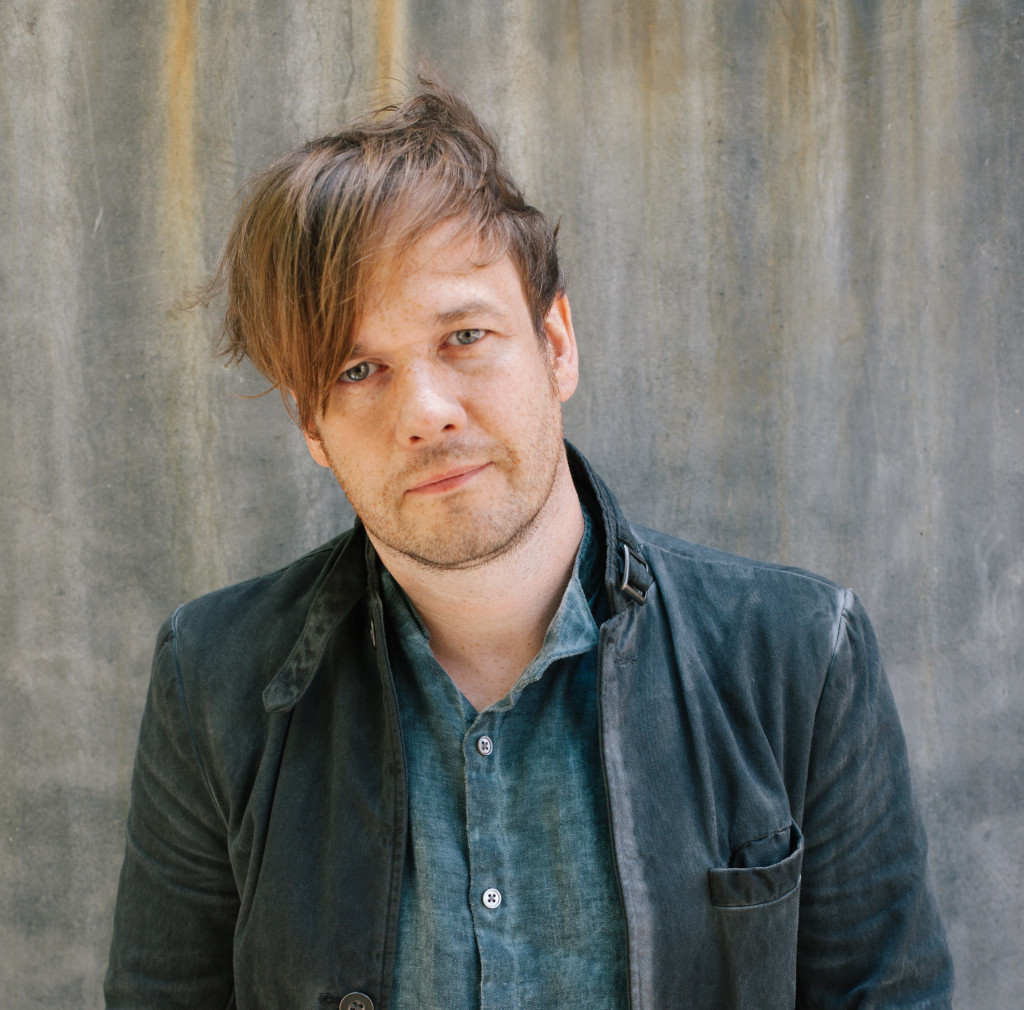

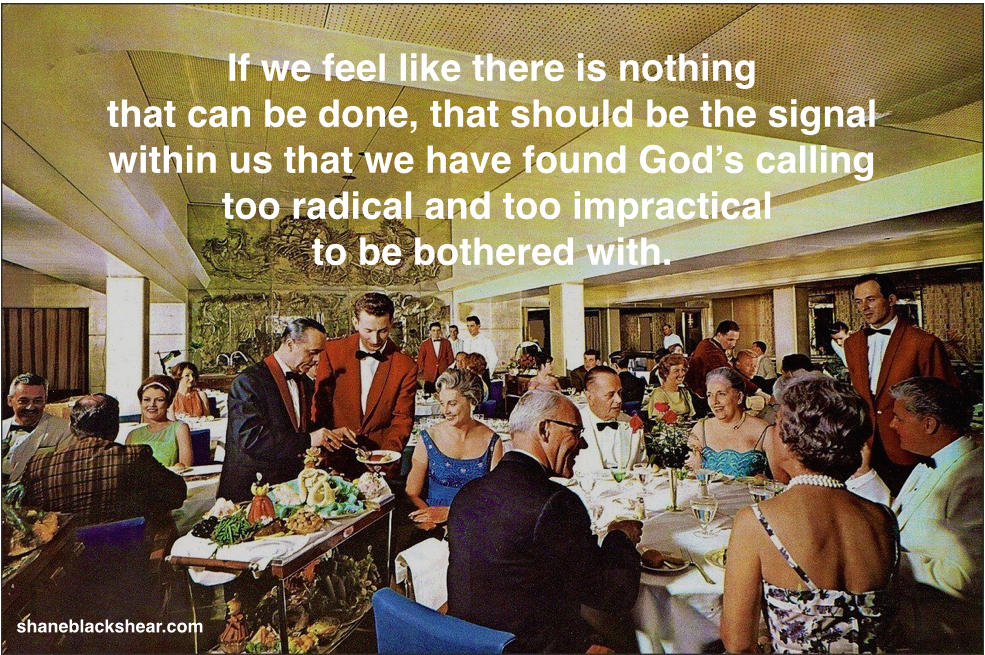
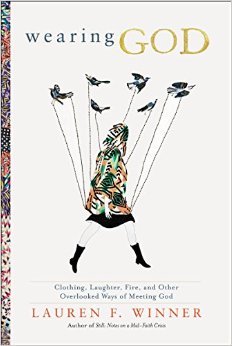
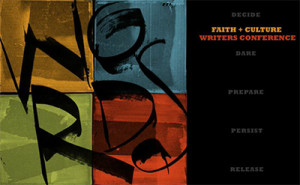

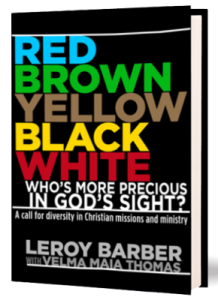
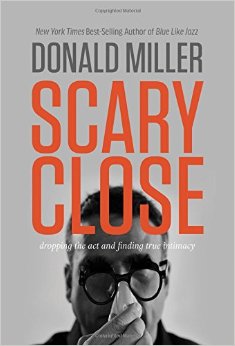

 3.)
3.) 